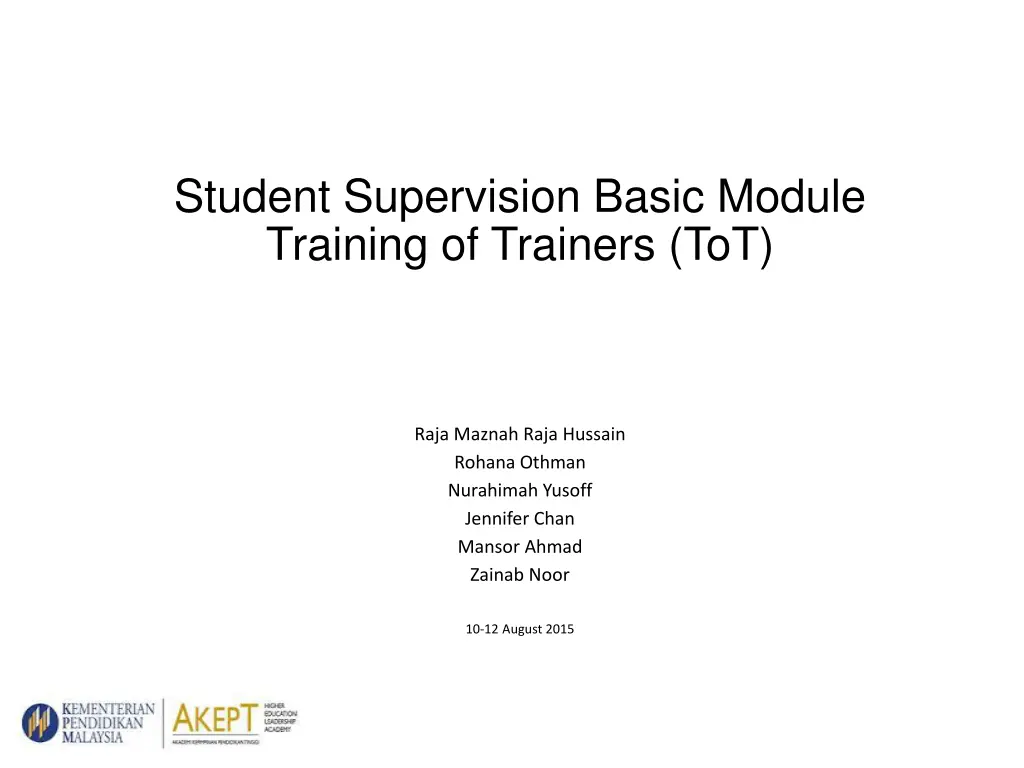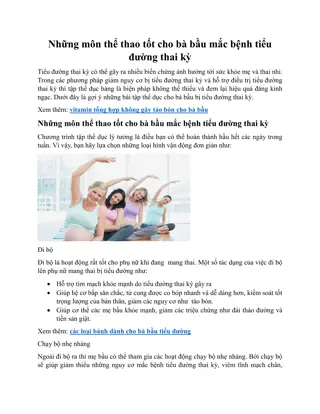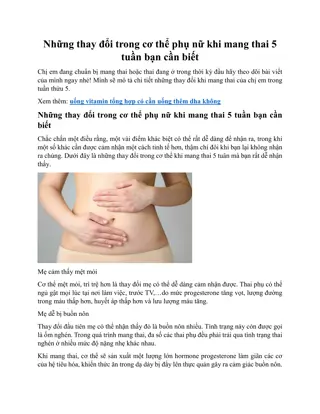
Understanding the Cyclical Research Process for Effective Study Progress
Explore the cyclical nature of the research process with insights on key activities, issues, and background studies. Enhance your understanding to navigate your research journey successfully.
Download Presentation

Please find below an Image/Link to download the presentation.
The content on the website is provided AS IS for your information and personal use only. It may not be sold, licensed, or shared on other websites without obtaining consent from the author. If you encounter any issues during the download, it is possible that the publisher has removed the file from their server.
You are allowed to download the files provided on this website for personal or commercial use, subject to the condition that they are used lawfully. All files are the property of their respective owners.
The content on the website is provided AS IS for your information and personal use only. It may not be sold, licensed, or shared on other websites without obtaining consent from the author.
E N D
Presentation Transcript
Student Supervision Basic Module Training of Trainers (ToT) Raja Maznah Raja Hussain Rohana Othman Nurahimah Yusoff Jennifer Chan Mansor Ahmad Zainab Noor 10-12 August 2015
Unit 5: The The research research process process
Unit Learning Outcomes On successful completion of this unit participants will be able to Appraise the key activities in a research process Conduct an interactive session to discuss aspects of these activities in gaining a clear final depiction of the process
Review of the Research process In your journey either as a PhD candidate or as a researcher you may have experienced research process in your area of study As you may realize the research process is cyclical and reflective As you progress through your research, you will often backtrack to previous steps to revise your initial information needs. As you become more experienced researcher, you will develop a better sense of what steps you need to begin with or jump to at the different points in your quest for information. The research process is best used as a guide to understand where to begin What to consider and agree on as you move forward Where you can expect to be when the research is complete
Activity 1: Identify the Key Activities in a Research Process 1. Reflect and brainstorm with your team members on key activities in a research process 2. Draw a diagram to show the cyclical activities in a research process 3. List issues identified in a research process 4. Discuss some of the issues identified in a research process
Background Studies The background of the study in any research may contain the general and broader description of the topic. serves to compile all the existing and relevant information pertaining to the topic. In a research paper and thesis, the literature review is a critical synthesis of previous research that provides a background to the study being proposed. An important point to note here is that it is not necessary to read every word of every article, or process every bit of information at this stage. Read to gain an understanding of what various scholars have already said about a particular topic, and to gain sufficient grounding in the topic to know what to write on.
Background Studies The first step is always the hardest to take and always initiates with a question: What do I want to research? Where do I obtain ideas from? How to begin with the area to research? How to identify the topic of study?
Activity 2: Where do I begin? *Would you begin the process by asking the following questions? 1. Where to begin? 2. What topic are you researching? 3. What do you know about this topic? 4. What would you like to find out about this topic? What questions do you have? 5. What to consider and agree on as you move forward? *Compare and Discuss how each group address each question
Review of the literature The review of related literature is another essential component of the research process. A review of the literature ensures the feasibility of the chosen topic. An in-depth review of the available research evidence and expert opinion related to the topic is essential to: Indicate the scale of the problem to research Summarize what is already known about the topic Highlight questions that would inform practice Present an account of relevant research on the same or similar topics (Source: Dewey, et al., 2011)
Activity 3: In-depth Review of the literature Provide a list of what makes a literature review good or poor in terms of relevance and impact to the field Identify and list the skills needed to carry out a good literature review Prepare a table of do s and don ts
The very first step and more often than not, the most difficult part in a research process are to identify the problem (Hair, 2011. p.81). Problem Identification & Worthiness of Research
Problem Identification & Worthiness of Research The prospective researcher should think on what caused the need to do the research (problem identification). The question that he/she should ask is: Are there questions about this problem to which answers have not been found up to the present?
Problem Identification and Worthiness of a Research Research originates from a need to seek clarification. A clear distinction between the problem and the purpose should be made. The PROBLEM is the aspect the researcher worries about, thinks about, and wants to find a solution for. The PURPOSE is to solve the problem, i.e. obtain answers to the question(s). If there is no clear problem formulation, the purpose and methods become meaningless. Morales (2011) outlined The statement of the problem involves the demarcation and formulation of the problem, i.e. the WHO/WHAT, WHERE, WHEN, WHY.
Problem Identification and Worthiness of a Research To develop your research problem/statement, you are expected to answer the following questions 1. I am learning about (studying/working on) 2. Because I want to find out (who/what/where when/whether/how/why) 3. In order to understand (how/what/why/whether)
Problem Identification and Worthiness of a Research Example of a complete research problem or statement: I am researching ethical behavior because I want to find out its influence on earnings management activity in order to understand and determine its impact on corporate reporting activities.
Research Questions Once the problem is identified, the research question is formulated. Developing a research question is essential. The research question is the researcher s intent, precisely stated. It is important to be clear in your own mind what question you are intending your research findings to answer. In addition, having a clear question will help you search for previous research efficiently and effectively discover work already done in your chosen area. Research questions will guide you all the way towards your research and writing process. Translating the problem into specific questions enable you to specify research objectives, hypotheses for testing, and information needs, and ultimately to determine the appropriate research design.
Poor Research Questions Poor research questions are those that are: too general too vague too ambitious (Source: Dewey et al., 2011, p.75)
Activity 4: Research Questions Think of a question you need to answer in order to solve the problem given above.
Development of Research Method & Design The type of research question you are asking will influence the subsequent choice of research method and design. Many research text books divide research approaches into two categories: qualitative and quantitative. However, these labels exclude many forms or research. Researchers have a wide array of research approaches to choose from going beyond these categories. These approaches will determine the methods used to answer the research question. Different disciplines take different approaches and lines of thoughts to validating and creating knowledge. Even within a discipline, there may be a range of ways of doing research. The reason for this variation is related both to the history of the fields, and the nature of the topics which are the focus of the various disciplines. The research approach, methodology, and methods must be suited to the nature of the question you seek to answer.
Development of research method and design THE IMPORTANCE OF APPROPRIATE RESEARCH METHODOLOGY Research methodology can be remote and difficult for students who have limited or no experience in research. It refers to the general approach and practical way a research is to be conducted. It involves the theoretical and practical matters of data collection, the steps and procedures followed and the materials used which may appear complicated to students.
Data Collection Data collection which, essentially, is a task for empirical observation is the process of gathering the specific information used to answer the research questions. There are a number of issues associated with data collection, including the use of primary or secondary data, survey design, sampling, survey administration, and increasing response rates.
Activity 5: Research Methods List some key questions that should assist you in compiling a good discussion for research methods What kind of research methods are you going to use? Quantitative, or qualitative, or a mixture of both? What do you think your methods will enable you to discover? What might they prevent you from discovering? What kind of research methods would be best suited to the kind of research you are undertaking and the research question you are pursuing? What sort of problems do you envisage in setting up this method? What are their benefits? What will you need to do to ensure they gather useful data?
DATA ANALYSIS AND INTERPRETATION Research produces data, and it is the task of the researcher to transform the collected data into useful information for reporting or for management purposes. If there are hypotheses to be tested, the researcher is obliged to use the gathered data to test the hypotheses. Data analysis could be as simple as reporting descriptive statistics such as averages, measures of variability, and percentages, or if needed, advance statistical techniques could be applied. The last step of data analysis comprises interpreting the findings to see whether they support your initial study hypotheses, theory or research questions.
RESEARCH DOCUMENTATION The research project is documented in the form of a thesis or dissertation, for which there are many criteria. The supervisor plays a key role in directing the candidate to adopt the most appropriate content structure. Parthington et al. (1993) provide a checklist that serves up a good generic structure from which the candidate can be advised to adopt in producing a comprehensive write up. Of course, different disciplines will require additional sections to be added on while some others may not be as engaging in content or structure.
* RESEARCH DOCUMENTATION RESEARCH DOCUMENTATION The generic criteria should include: The Context: this section deals with the research questions or expected contribution to the body of knowledge or other related bigger study. The Literature: Relevant literatures are covered, justified, critically and analytically reviewed, linkages between literature and thesis topic; in general a display of mastery of the literature. The Methodology/Methods: there should be awareness of various approaches to tackle the topic (like the saying there are many ways to skin a cat); the method adopted will have to be justified; while all round compliance should be observed in terms of research design, practicality, ethics, reliability and validity, among others. The Analysis: application of appropriate theoretical or empirical techniques; also the level and form of analysis should construe with the evidence gathered or nature of data collected. The Outcomes/Results: the outcomes must show relationship to the topic; justified with respect to the analysis; well presented with any patterns or trends identified or highlighted. The Discussion and Conclusion: the main points are recapped and the outcomes are compared to existing standards or norms; some degree of awareness of limitations of the outcomes also need to be outlined; finally the outcomes are judged in relations to the focus of the study; justifications and implications on field of knowledge and avenues for further studies.
Activity 6:Research Documentation In addition to the set of generic criteria outlined above, what other additional criteria can be considered to be characteristics to theses or dissertations ?
Activity : Discuss the cases Divide into 2 group Read the case , identify the issues and provide possible solutions Submission assignment: Write a case related to supervision problem






















